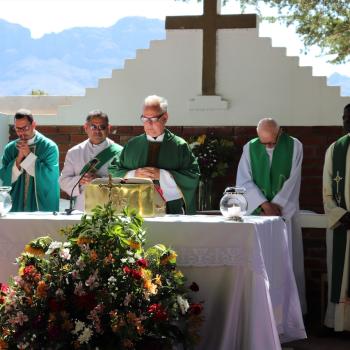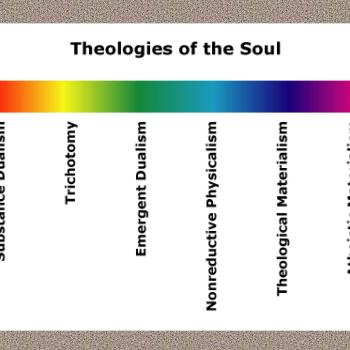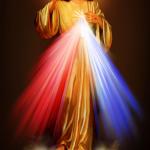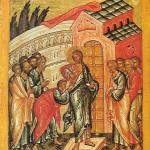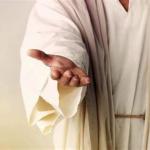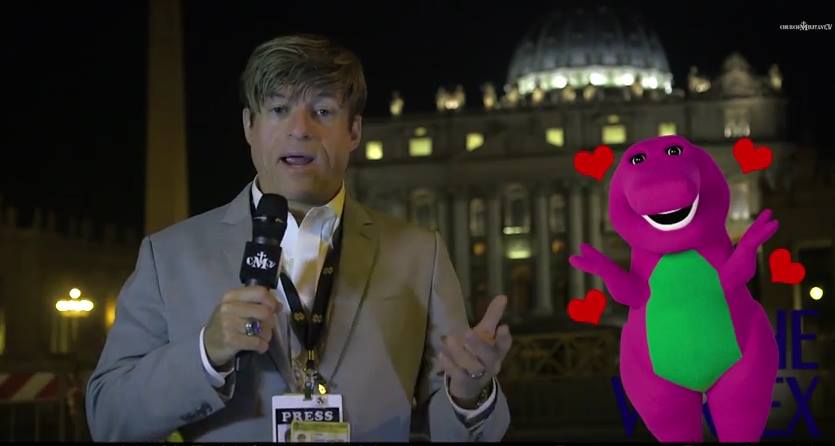
The Synod reporting has been nothing short of apocalyptic. And I do love it in a Rabelaisian Catholic sort of way. For example, The National Catholic Register’s write up is another sure sign, aside from all the Medjugorje idolatry, that the publication is getting comfortable with wearing the tinfoil hat. In particular, the piece Evidence Emerges of an Engineered Synod borrows the tone of an X-Files script:
More and more there is talk in Rome that this synod is being engineered by groups intent on steering the Church in a heterodox direction, and increasingly evidence is coming to light that points to it.
The first and most obvious example was the interim report published on Monday. It still remains unclear who exactly wrote it and how many eyes had seen it before it was made public, but the strong criticisms of it from such Church leaders as Cardinals Raymond Burke and Gerhard Mueller are enough to point to a lamentable lack of scrutiny, with consequences for souls.
Given the gravity of the situation, its grand eschatological implications, the piece comes to the conclusion that all we have left is prayer (duh!). Not content with leaving it at that, two prayers are earnestly recommended, one of them an ostensibly “traditional Catholic prayer” to the Holy Spirit.
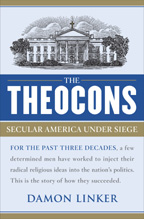
Reporters on the Synod could all use a little bit more agnosticism right about now. It is much wiser to believe the Holy Spirit is in charge of everything (maybe even “engineering” Walter Kasper’s colonialist fall from grace), rather than speculating what Church faction might be doing what.
After all, has there been any Church Council, Synod, or parish council meeting that hasn’t been engineered? One of my former professors, an Anglo-Catholic with a whole series of disappointments with Rome behind him, used to frequently mention the behind the scenes machinations at Vatican I. He claims that most of the anti-infallibility faction was taken out on a tour of Rome right before the vote in order to make sure they would not sabotage it. That’s what I like to call Rabelaisian Catholicism. I believe appreciation for such shenanigans is part of being a faithfully cynical Catholic.
But level-heads with appreciation for the wonderfully complex, dirty behind the nails, history of the Church are in short supply in the reporting corps. Even Damon Linker, the usually level-headed religion reporter for The Week and appreciative critic of the truly Machiavellian Catholic Neo-Cons, speculates about the Machiavellian (yes, that’s precisely his phrasing) intentions of Pope Francis to liberalize the Church:
Francis would like to liberalize church doctrine on marriage, the family, and homosexuality, but he knows that he lacks the support and institutional power to do it. So he’s decided on a course of stealth reform that involves sowing seeds of future doctrinal change by undermining the enforcement of doctrine today. The hope would be that a generation or two from now, the gap between official doctrine and the behavior that’s informally accepted in Catholic parishes across the world would grow so vast that a global grassroots movement in favor of liberalizing change would rise up at long last to sweep aside the old, musty, already-ignored rules.
If this is what Pope Francis is going for, I don’t blame conservatives for beginning to express serious misgivings. It’s a brilliant, clever, supremely Machiavellian strategy — one that promises to produce far-reaching reforms down the road while permitting the present pope both to claim plausible deniability (“I haven’t changed church doctrine!”) and to enjoy nearly constant effusive coverage in the secular press.
What’s happening in Rome isn’t yet “revolutionary change.” But it just may be what eventually prepares the way for exactly that.
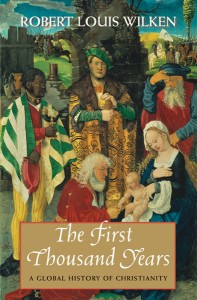
If that that’s not enough for you, the highly respected Church historian Robert Louis Wilken weighs in with this:
And so began… a time when leading bishops of the Church disagreed profoundly on central matters of Christian teaching. Ecclesiastical councils publicly debated deep theological issues, with the aim of reaching consensus on language to express central Christian beliefs in formal statements of faith. The disagreements ran deep, and the disputes were often bitter and sometimes violent.
Gotcha! This quote actually comes from Robert Louis Wilken’s history of Christianity, The First Thousand Years. The Aquinas and mysticism scholar Fritz Bauerschmidt dropped this passage on social media explaining that it applies to Church history stretching from the start of the fourth century to the middle of the sixth. That’s one long stretch of time. Bauerschmidt adds the following comment, which all would be Synod commentators should heed:
It’s déjà vu all over again. Somehow I find that comforting.
Who would have thought a history lesson is something trads need the most? Frankly, I find their lack of faith and patience disturbing.



